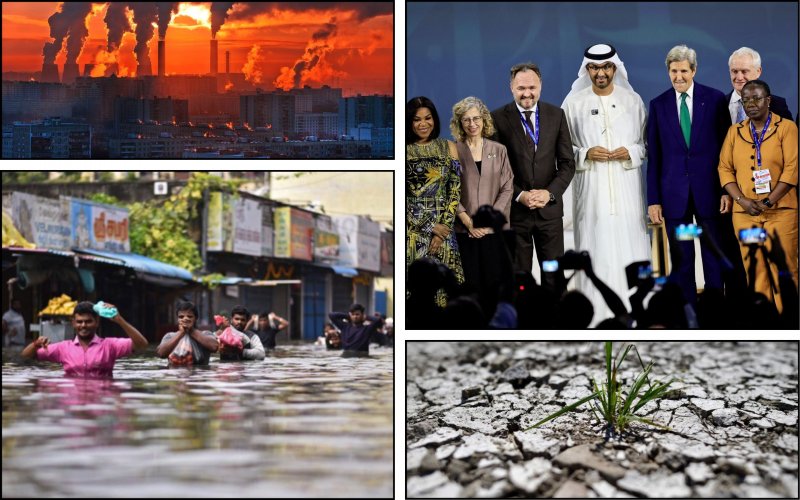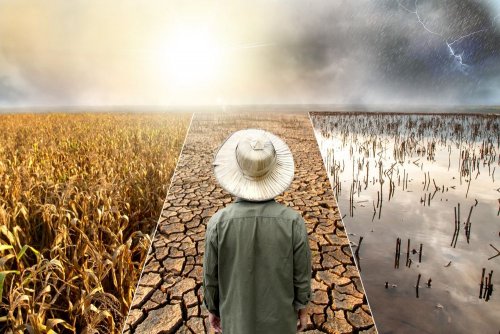Experts of Economic Laws Practice named the main conclusions and consequences of the COP28 climate conference that should contribute to more decisive climate action, as the world is not on the way to limiting global warming even at 2°C.
At COP28, the implementation of the Paris Agreement was "summarized" for the first time to adjust the global green transition, ELP reports.
The article notes that COP28 brought together 65,000 participants, which is 80% more than in 2022. This shows the systematic increase in the importance of the summit every year. The conference was also actively attended by business representatives, including oil companies, banks, etc.
Main results of COP28:
- Climate finance
The analysis emphasized why climate finance took center stage at COP28. At the beginning of the conference, a decision was made to create a Loss and Damage Fund, which is designed to provide financial assistance to developing countries and least developed countries from climate disasters. The parties also adopted the "Declaration on the Global Climate Finance Framework". The document contains a number of non-binding commitments on climate finance and calls for investing $5-7 trillion in greening the global economy each year.
The authors said that during COP28, about $83 billion was also mobilized for various purposes from a number of sources, including:
- research in the field of sustainable and low-carbon agriculture;
- reduction of methane emissions;
- studies of the impact of climate change on health;
- investments in green technologies, etc.

- Phase-out of fossil fuels
"Undoubtedly, one of the biggest results of COP28 is the inclusion of the wording on the phase-out of fossil fuels in a 'fair' and 'equitable' way", – the analysts emphasized.
It is noted that the agreement also provides for the phasing out of inefficient fossil fuel subsidies, i.e. subsidies that do not address the problems of energy poverty or transition. However, the wording does not set any time frame for the waiver. This decision was criticized by representatives of developing countries and least developed countries.
- Renewable energy
The report highlighted that COP28 agreed to triple global renewable energy potential while doubling the world's average annual rate of energy efficiency improvement by 2030. These measures are widely supported and highly praised and could potentially help avoid 7 billion tonnes of greenhouse gas emissions.
"However, given that this target is linked to the tripling of global capacity, it is unclear how this will be implemented and how this commitment will be shared between the parties," the ELP said, adding that India had refrained from signing the pledge. knitting
- Reduction of methane emissions
It is noted that at COP28, a specific commitment was made to significantly reduce methane emissions and other non-carbon emissions by 2030. Countries are also continuing to adopt the Global Methane Commitment launched at COP26 to reduce global methane emissions by 30% by 2030. The agreement was also supplemented by the Oil and Gas Sector Decarbonization Charter, the participants of which committed to achieve zero methane emissions by 2030.
- Global Alliance of River Cities led by India
The article highlighted that India has launched the Global River Cities Alliance ("GRCA"). An alliance of more than 275 cities worldwide and 11 countries that will cooperate to develop riverside cities and preserve the health of rivers.
Earlier, EcoPolitic wrote, that the participants of the COP28 climate conference signed a historic agreement, which for the first time obliged the world to reject all types of fossil fuels.
As EcoPolitic previously reported, the International Energy Agency warned that the commitments made at the COP28 climate conference are not enough to limit global warming to 1.5°C, even if they are fulfilled.





